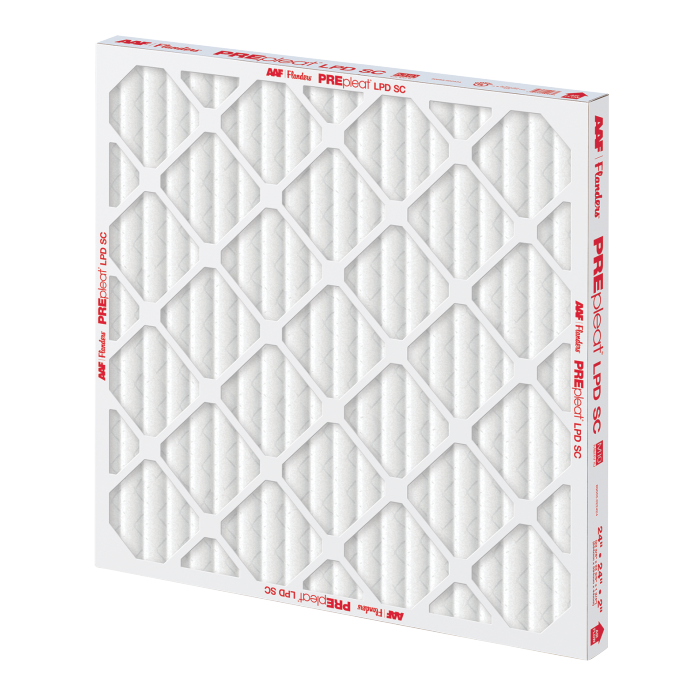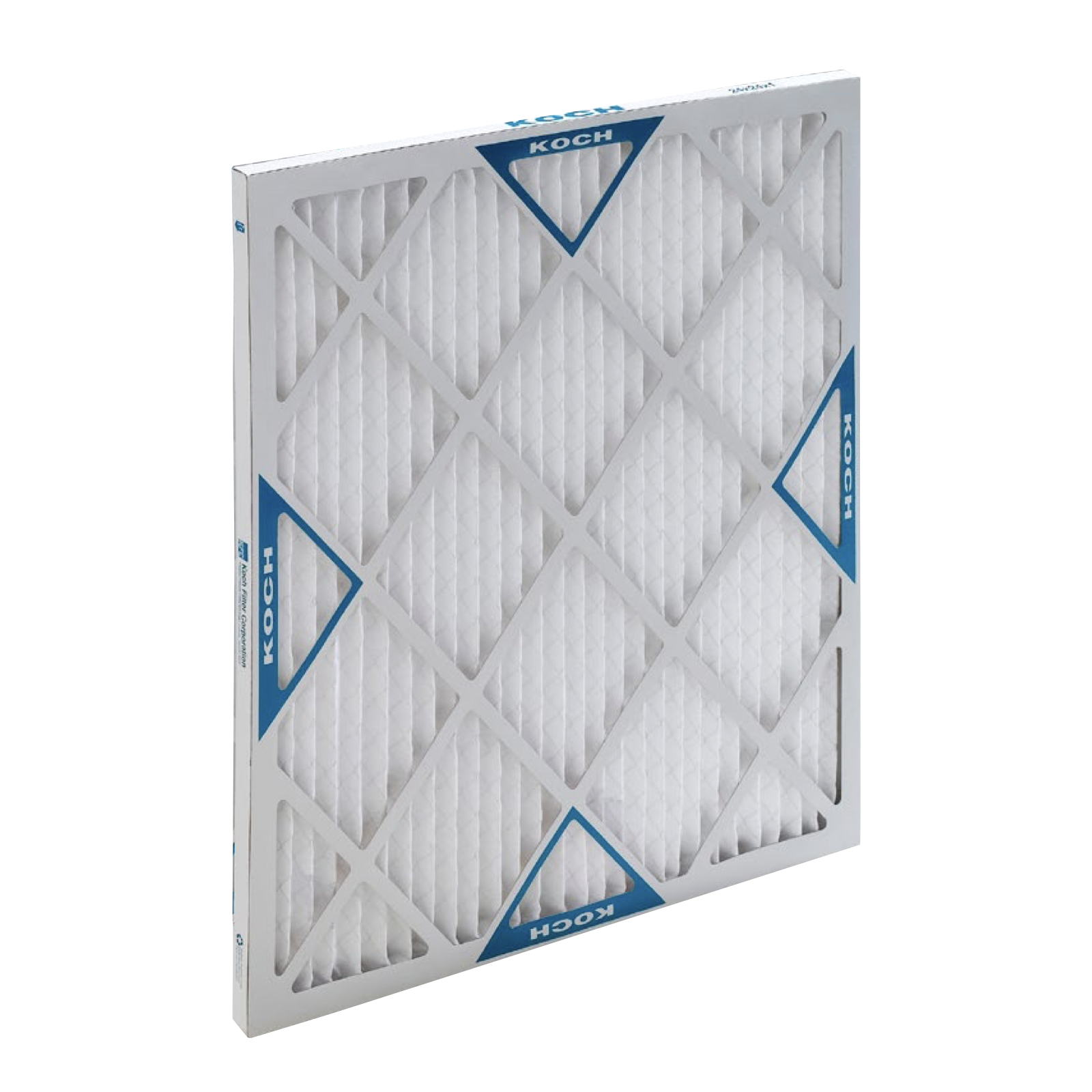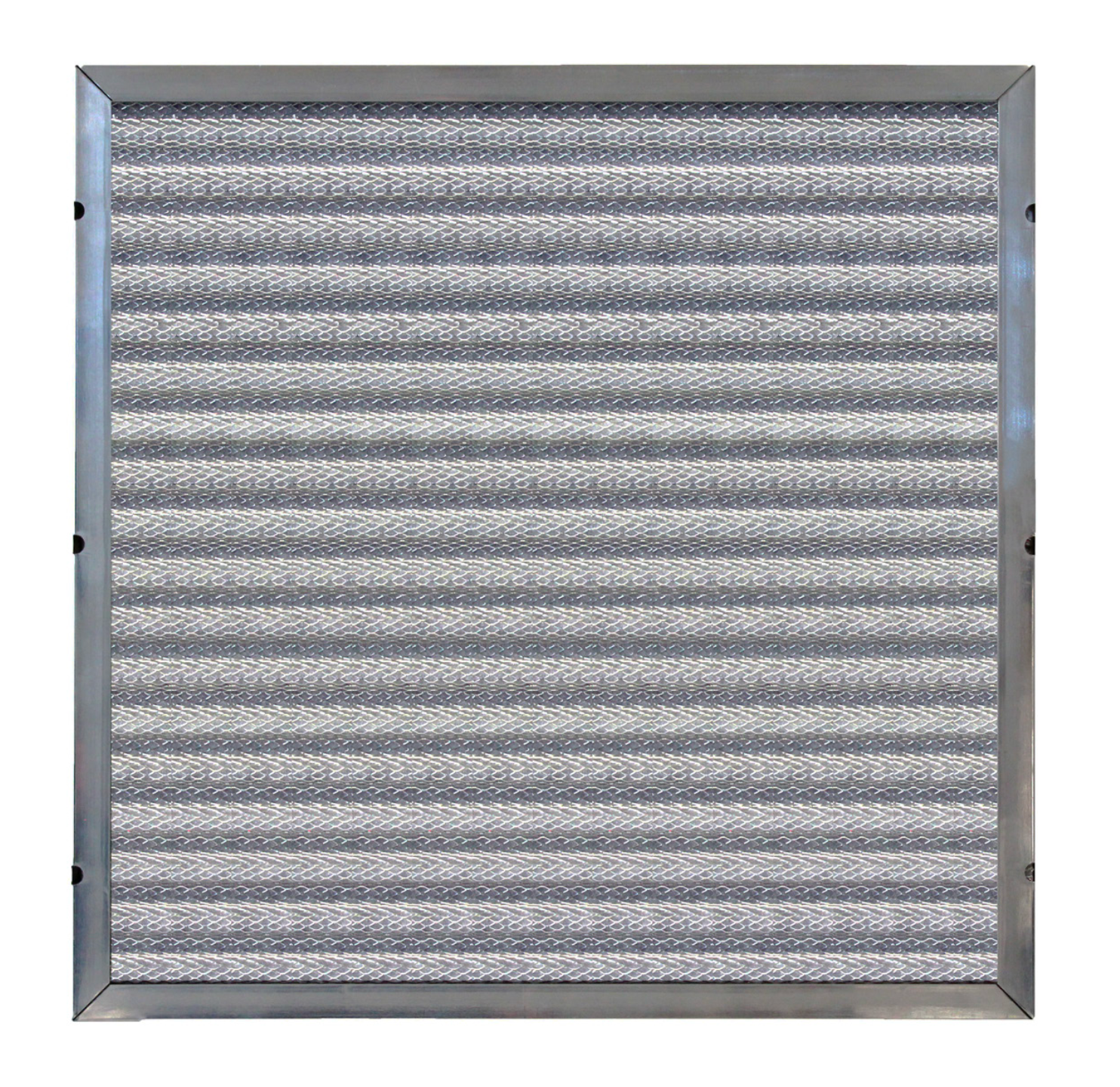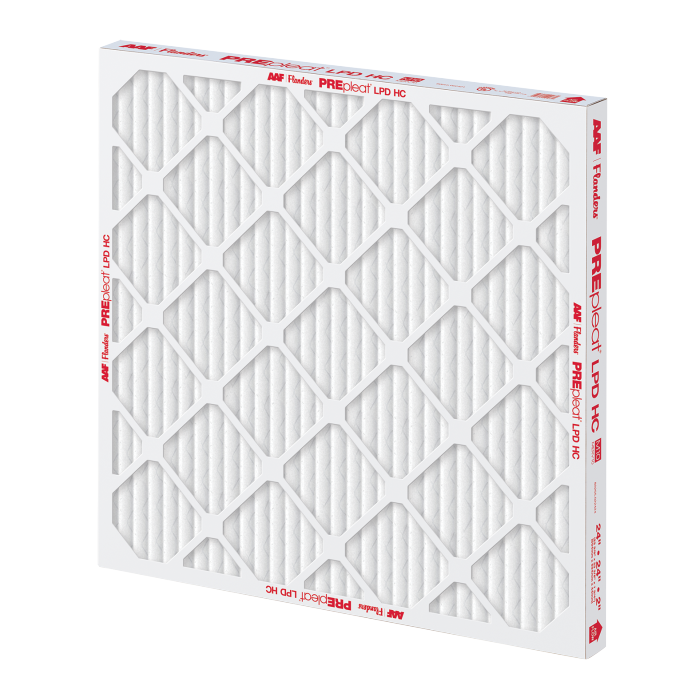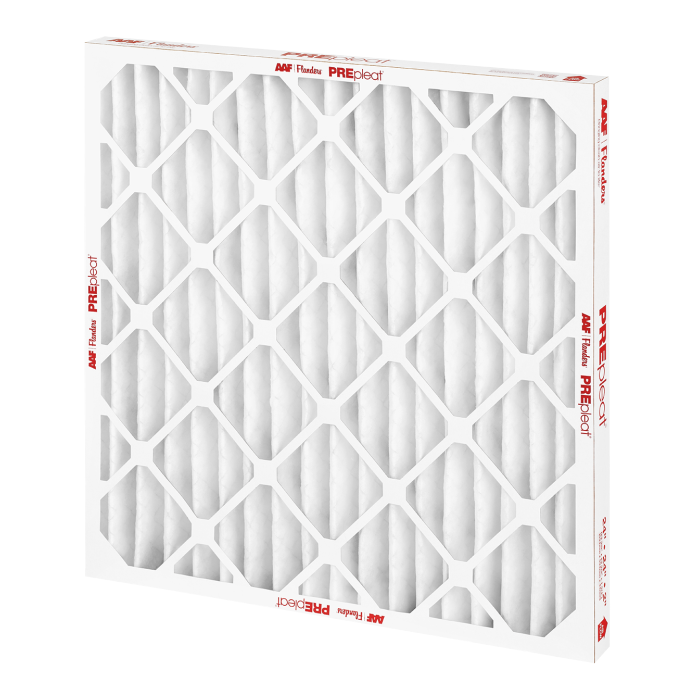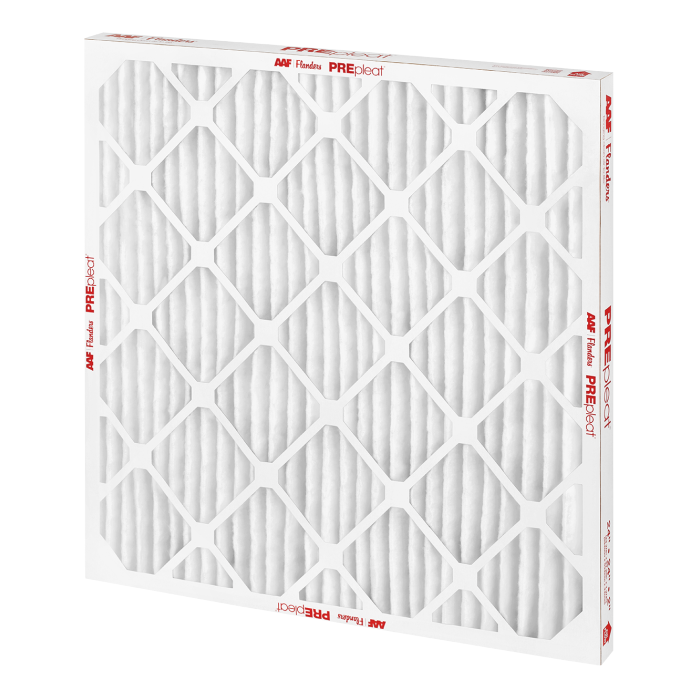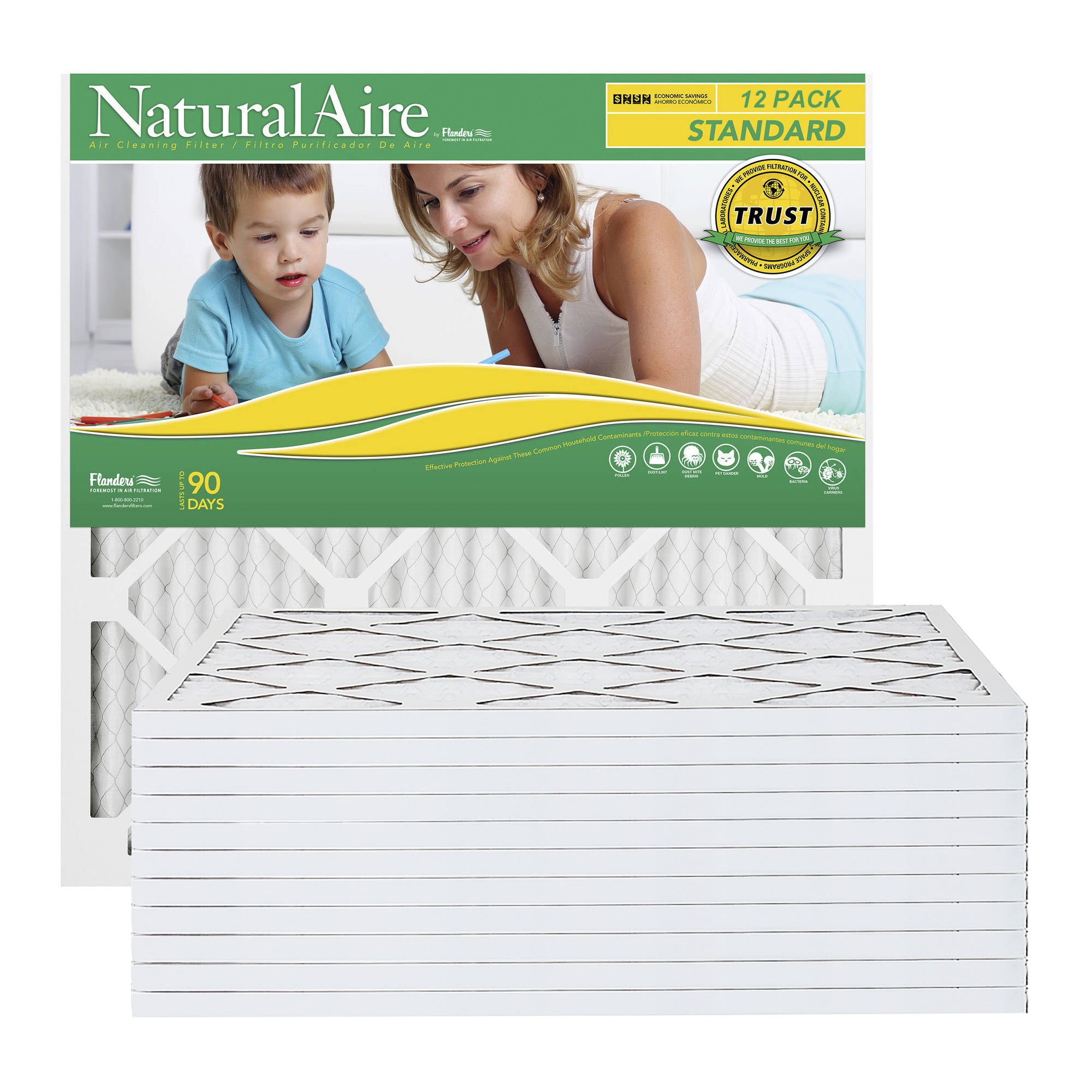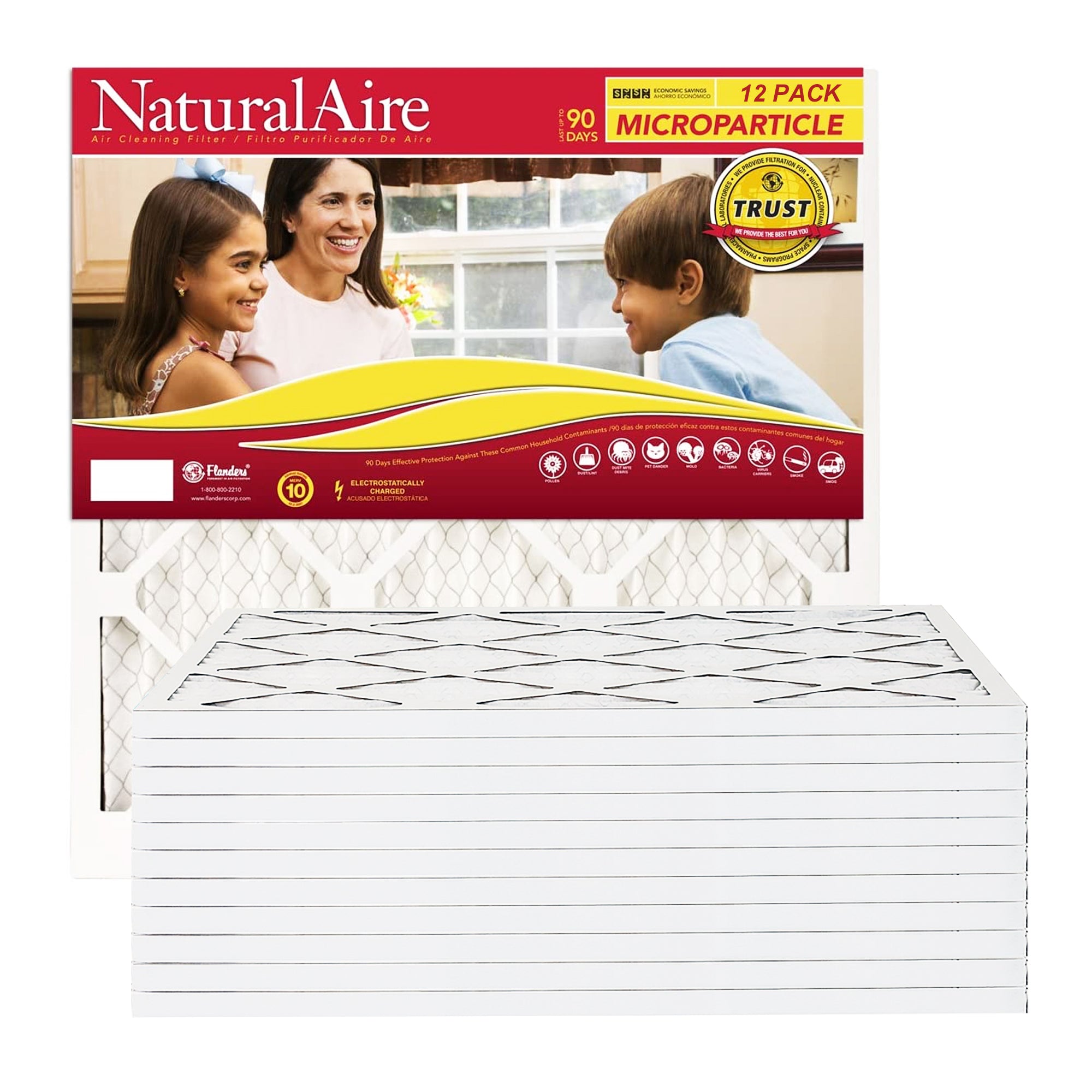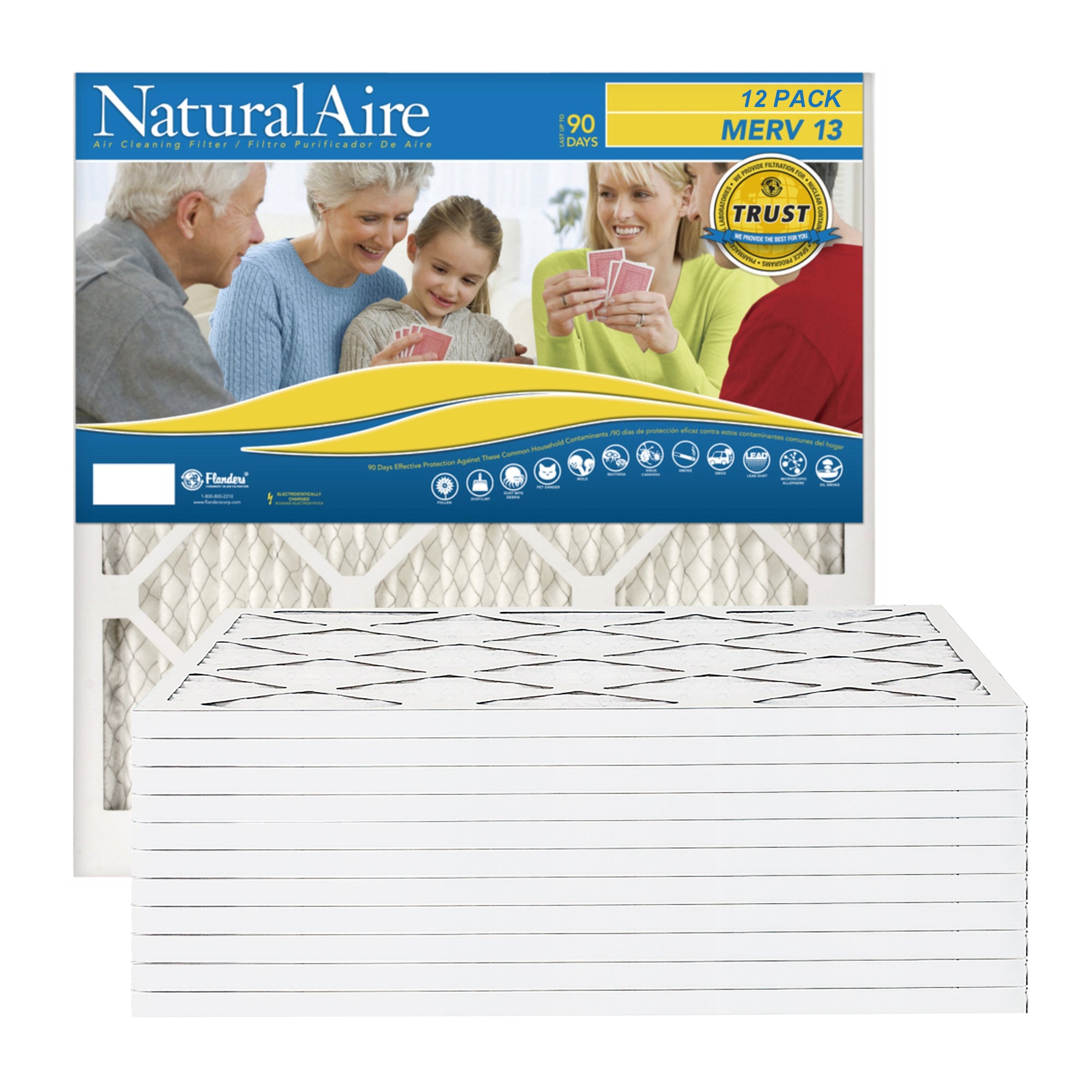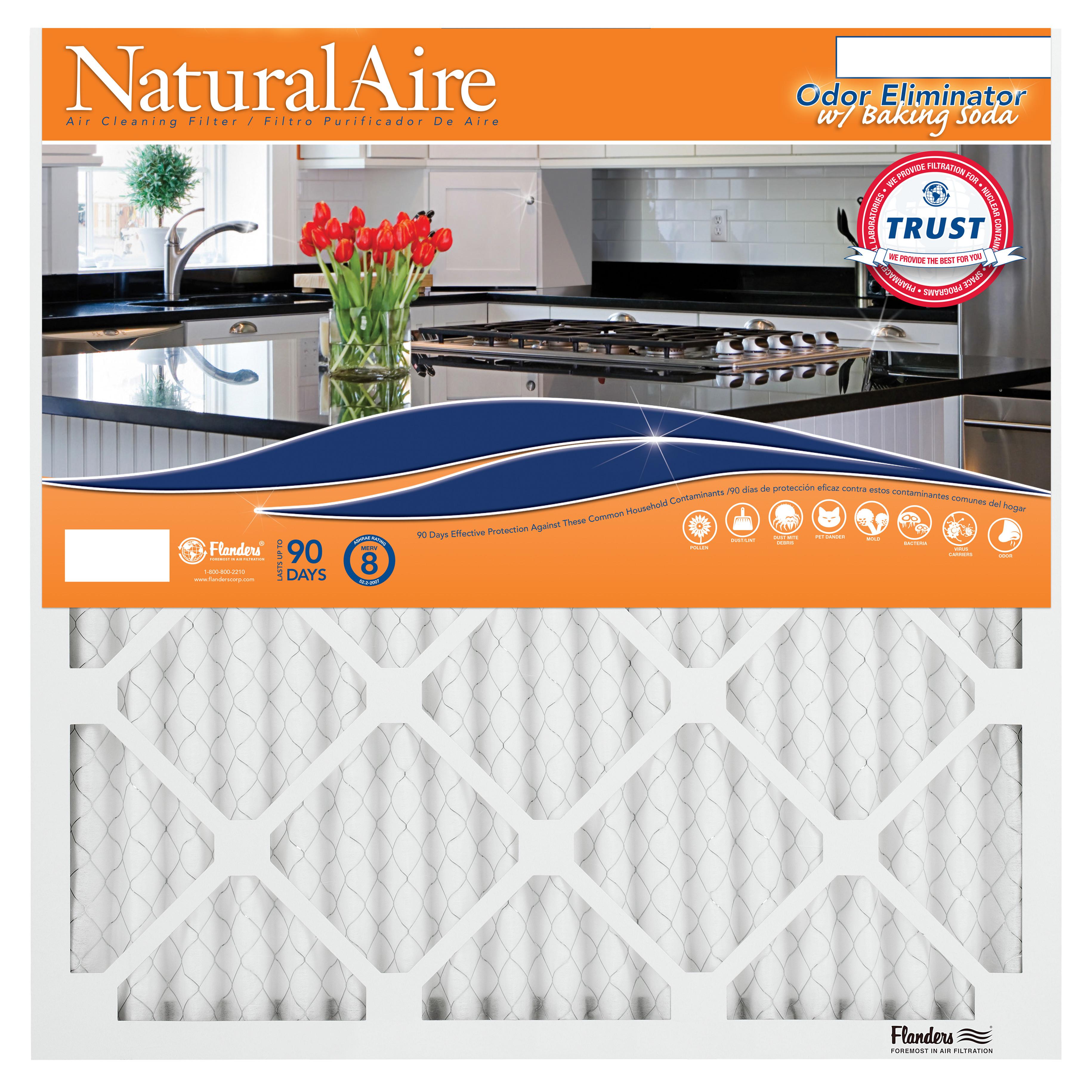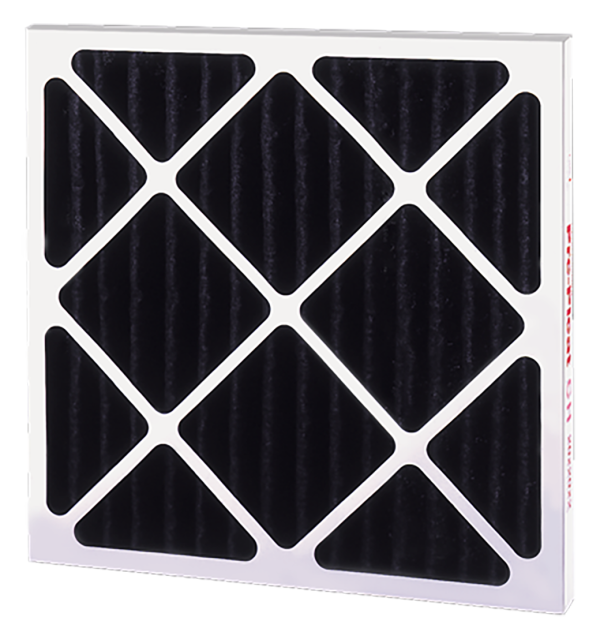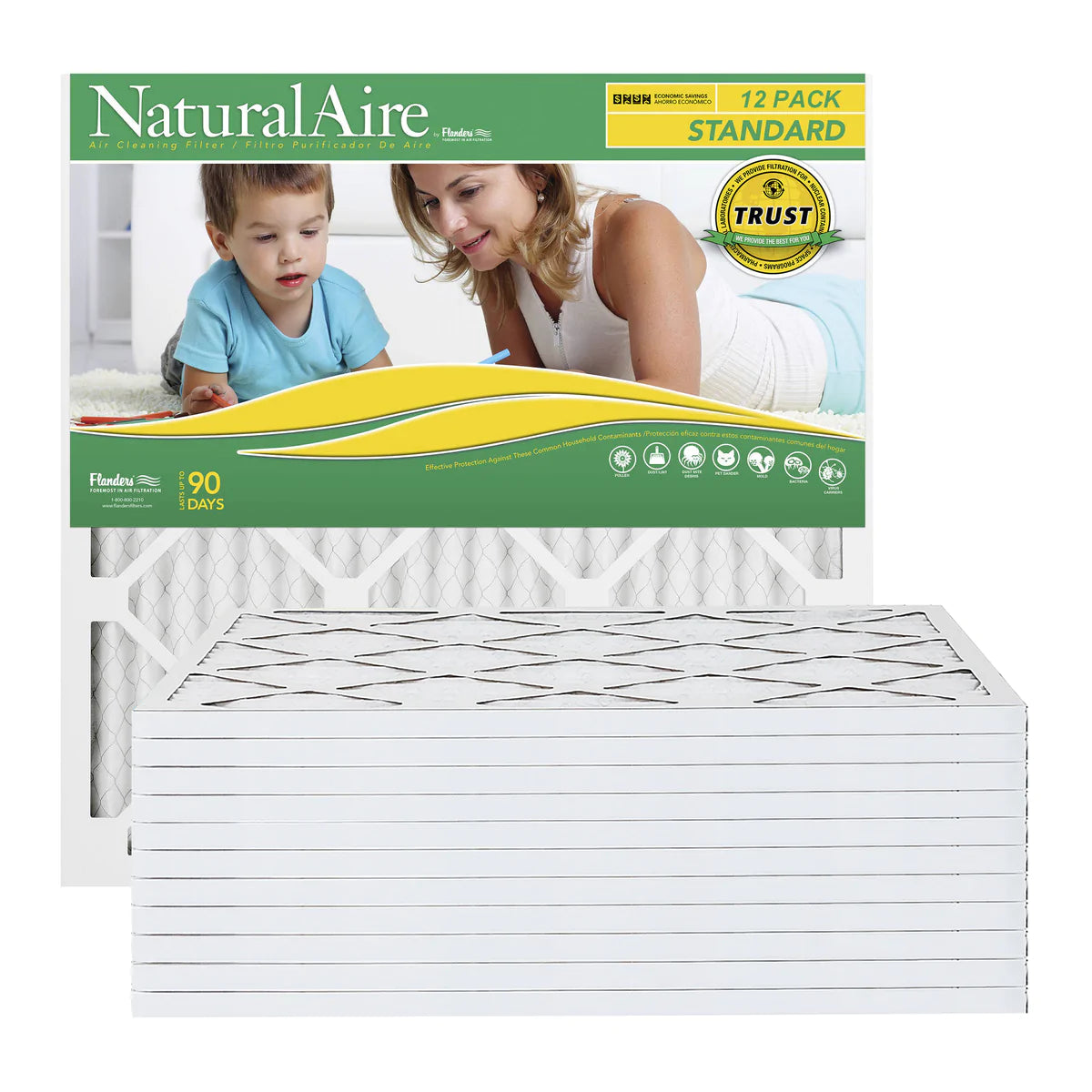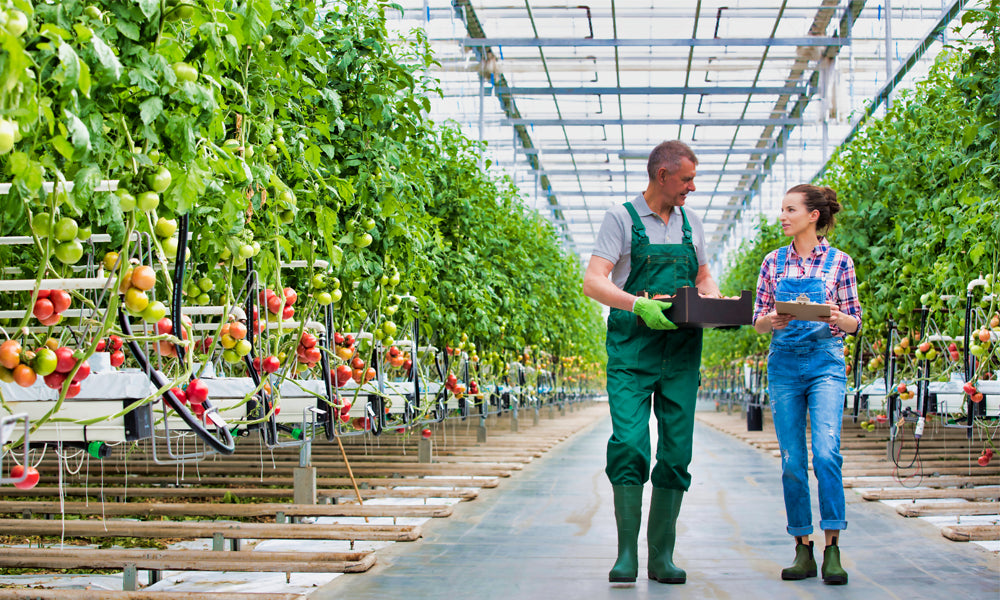With indoor dining significantly diminished if not shut down altogether in most of North America, restaurants have adapted by becoming “ghost kitchens”—food-prep operations for takeout and delivery that exist in name but have no physical footprint for consumers. Now, with the government’s widespread deployment of the COVID-19 vaccines, the haunting of the ghost kitchens is beginning to subside as restaurants hope to soon welcome guests back at full capacity.
When restaurants do get back to business, it won’t necessarily be business as usual. If you’re a manager or proprietor, you know that your staff and guests will expect high standards for indoor air quality, both for their health and peace of mind. With re-openings around the corner, consider these ways in which restaurants can improve their air quality in kitchens and dining rooms alike.
Regular Filter Changes
Discussion of air quality begins with your restaurant’s HVAC system. As a commercial space where air filtration matters, your restaurant’s HVAC system already operates at a higher level than almost all residential systems, which have much lower demands upon them. As you may know, the MERV scale of increasing filtration efficiency can be a double-edged sword—the demanding filtration of a MERV-13 filter, for instance, can burden an HVAC system that’s not up to the task. Have faith in the muscle behind your system and use the highest MERV rating your system can accommodate and change those filters regularly. Consider a high-capacity filter with increased surface area to trap the most and smallest particles possible.
Clean Green
What’s the old saying? “If you want to make an omelet, you’ll have to break a few eggs.” Kitchens get messy. The challenge is to keep them clean without using products that are deleterious to air quality. Many commercial glass cleaners, oven cleaners, dish detergents, and other cleaning supplies that are necessary for the kitchen contain volatile organic compounds. While we’ve come to associate the word “organic” with all that is good in this world, VOCs are anything but healthy. Inhaling VOC fumes can cause asthma, endocrine system disruption, and may even be carcinogenic. Even with a well-functioning HVAC system, you owe it to yourself and to your employees to seek out non-toxic cleaning products when possible and to take the utmost care in using necessary products that do contain VOCs.
Regular HVAC Inspections
If you can’t take the heat, you don’t have to get out of the kitchen—you can just put on the air conditioning. However, this cool air can bring unwanted condensation, which can foster troublesome mold and mildew. Mitigating or eliminating mold growth is a large part of how restaurants can improve their air quality as they prepare for the new normal. Make sure that HVAC technicians keep the system up to snuff on a regular basis by ensuring that air conditioners are effectively dehumidifying as they cool. It’s all part of a new era that will have everyone breathing as safely as possible.


